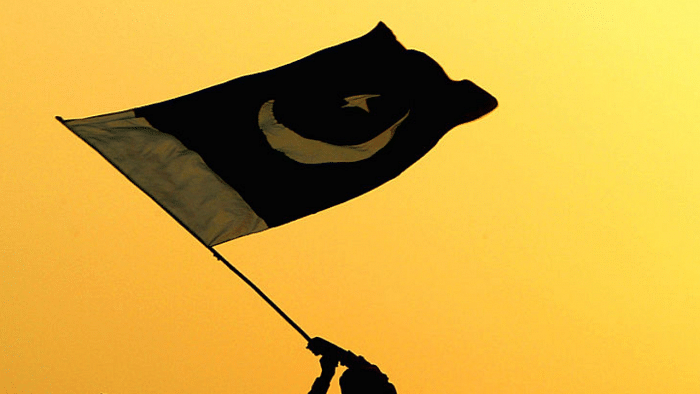
The Financial Action Task Force (FATF) on Thursday decided to keep Pakistan on its “grey list” as the South Asian nation has not yet been able to completely plug the loopholes in its legal mechanism to detect and stop the flow of funds to terrorist organisations.
The FATF, which held its plenary this week, noted that the Pakistan government had made progress in implementing 24 of the 27 measures prescribed by the intergovernmental organisation, which coordinates global efforts to check the flow of funds to terrorist organisations and money laundering.
The organisation decided to give Imran Khan’s government in Islamabad time till June 2021 to implement the three remaining measures.
The three FATF recommendations, which the Pakistan government failed to act upon, included the effective implementation of targeted financial sanctions against individuals and entities designated as terrorists and terrorist organisations by the United Nations Security Council, like Masood Azhar, Zaki ur Rahman Lakhvi and Dawood Ibrahim.
“The FATF takes note of the significant progress made on the entire action plan. To date, Pakistan has made progress across all action plan items and has now largely addressed 24 of the 27 action items,” the intergovernmental organisation said in a statement released at the end of the plenary. “As all action plan deadlines have expired, the FATF strongly urges Pakistan to swiftly complete its action plan before June 2021.”
The FATF in 2018 put Pakistan in its “grey-list” – officially a list of “jurisdictions with strategic deficiencies in its legal regime to check money laundering and terrorist financing”. The Government of Pakistan and the FATF by June 2018 agreed on an action to plug the loopholes.
“Pakistan’s continued political commitment has led to significant progress across a comprehensive CFT (Countering Financing of Terror) action plan, including by demonstrating that law enforcement agencies are identifying and investigating the widest range of TF (terror financing) activity, demonstrating enforcement against TFS (terror financing sanctions) violations and working to prevent the raising and moving of funds, including by controlling facilities and services owned or controlled by designated persons and entities,” the FATF noted in its statement.
The FATF had in October 2019 set February 2020 as the deadline for Pakistan to deliver on its promises to plug the loopholes in its legal framework to squeeze the flow of funds to the terrorist outfits. The intergovernmental organisation warned that if Prime Minister Imran Khan’s government failed to deliver on its commitment, Pakistan might be put on its “black-list” - officially the list “jurisdictions with strategic AML/CFT (Anti Money-Laundering and Countering Financing of Terrorism) deficiencies for which a call of action applies”.
But even as Pakistan failed to fully implement the June 2018 action plan, the FATF plenary in February 2020 decided against putting the country on the “black-list” and give it time till the next plenary. Pakistan got another reprieve in June 2020, when the FATF extended all deadlines till October 2020 in view of the Covid-19 pandemic.
The FATF noted in October 2020 that the Pakistan government had failed to make progress on six of the 27 points on the action plan. It had then given Khan government time till February 2021 to complete the implementation of all the recommended measures.
